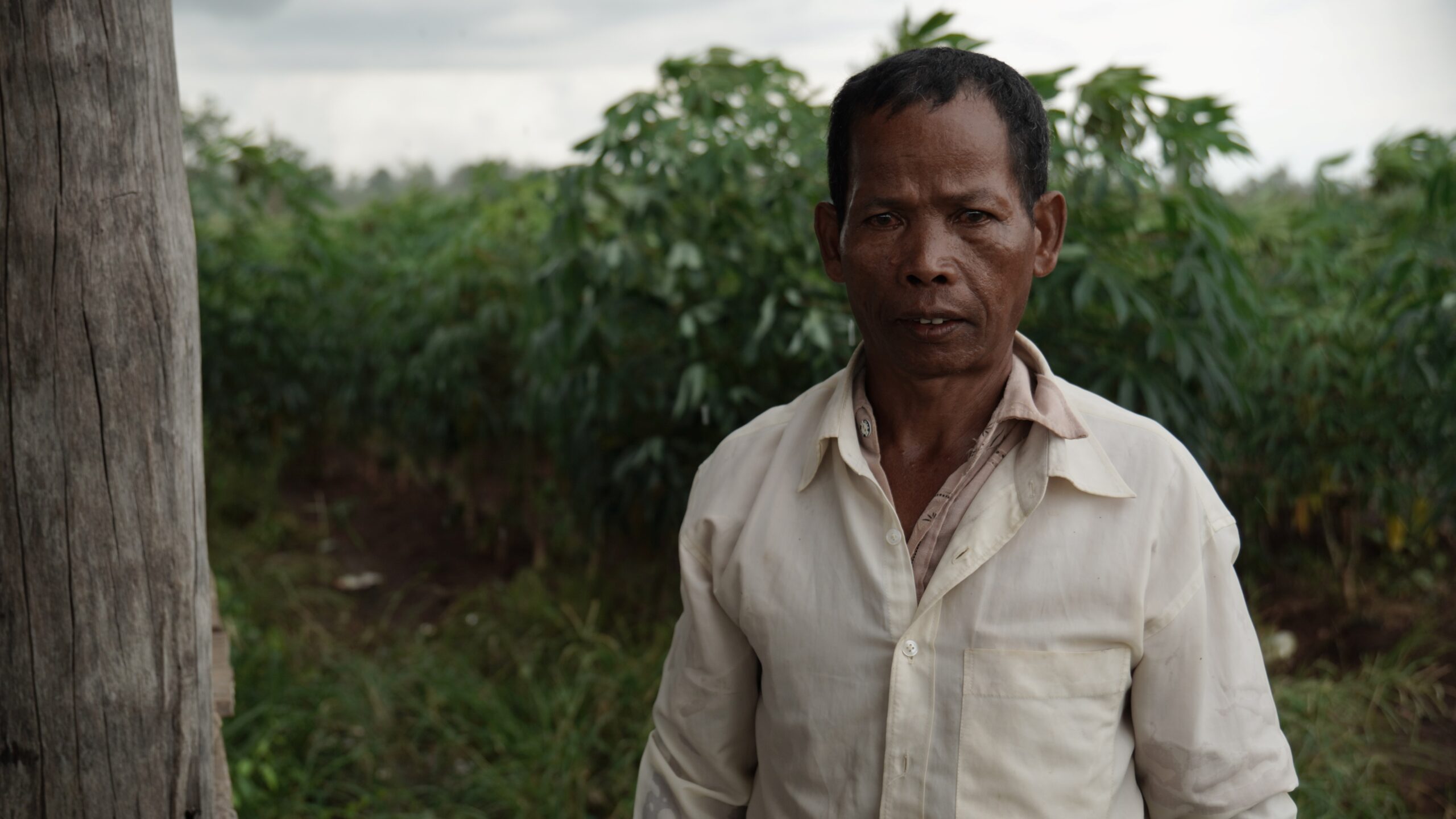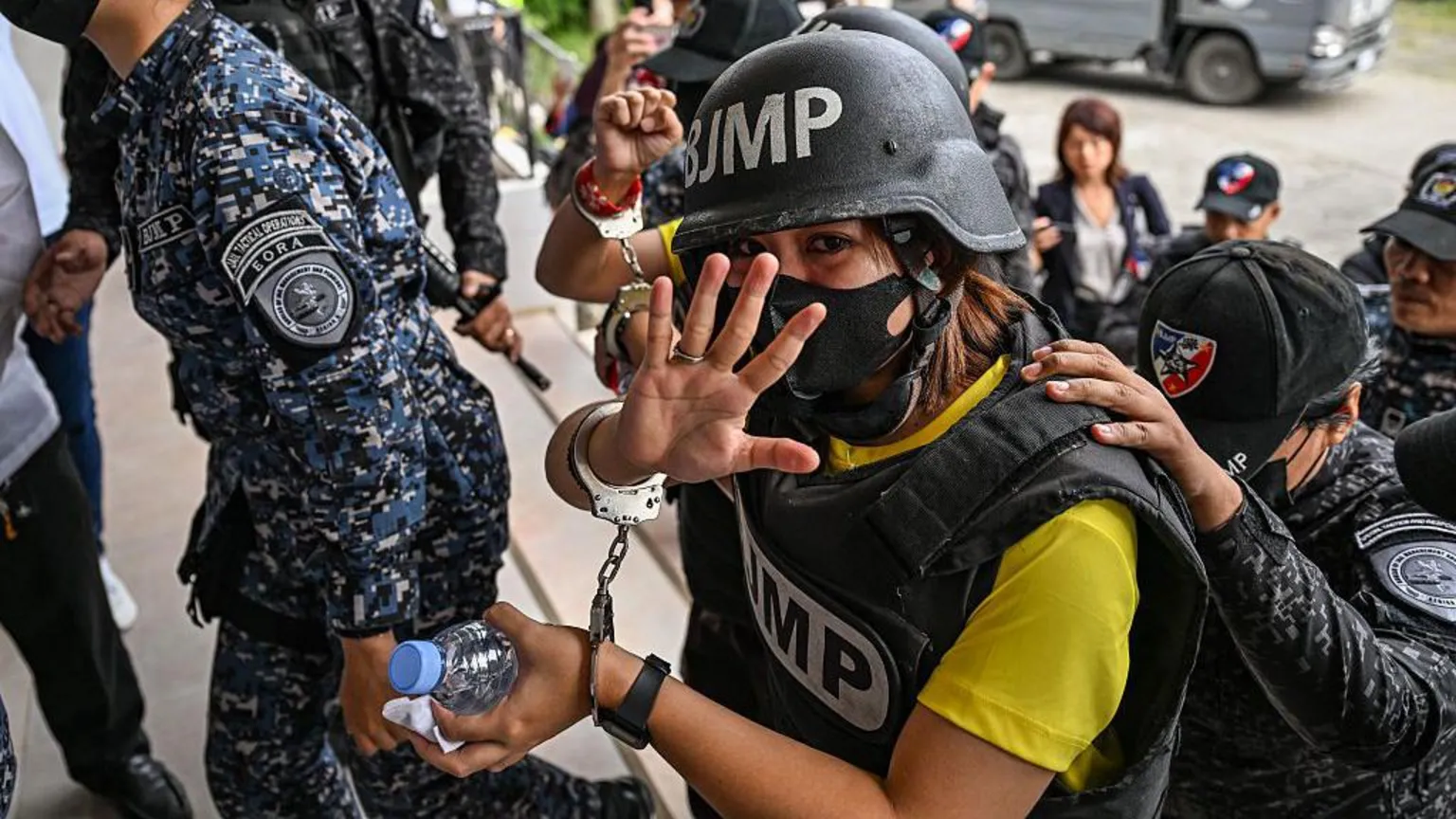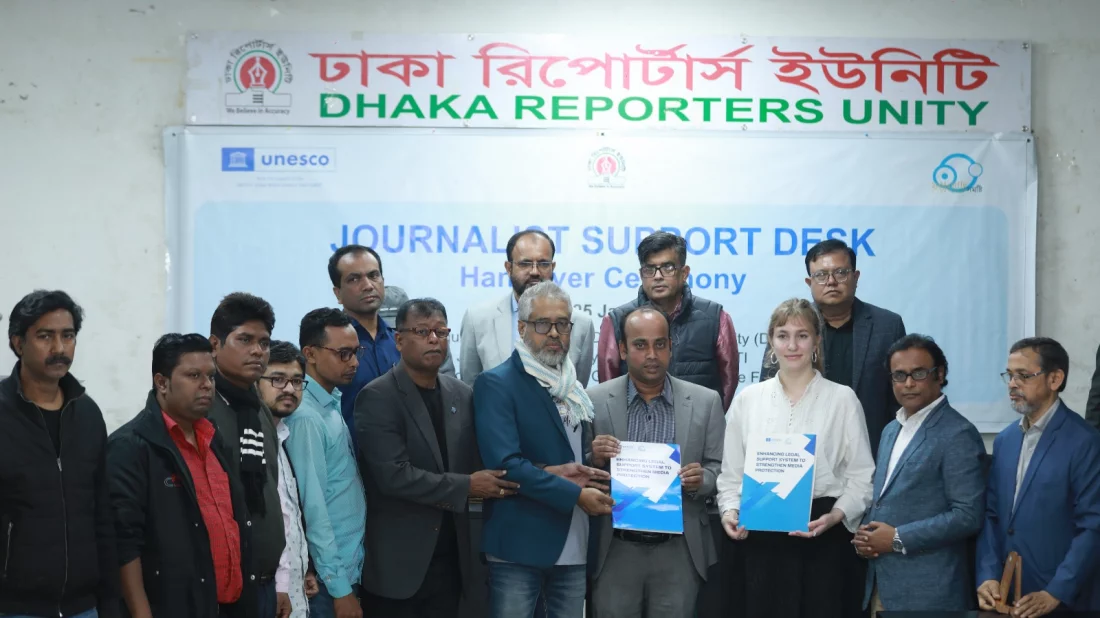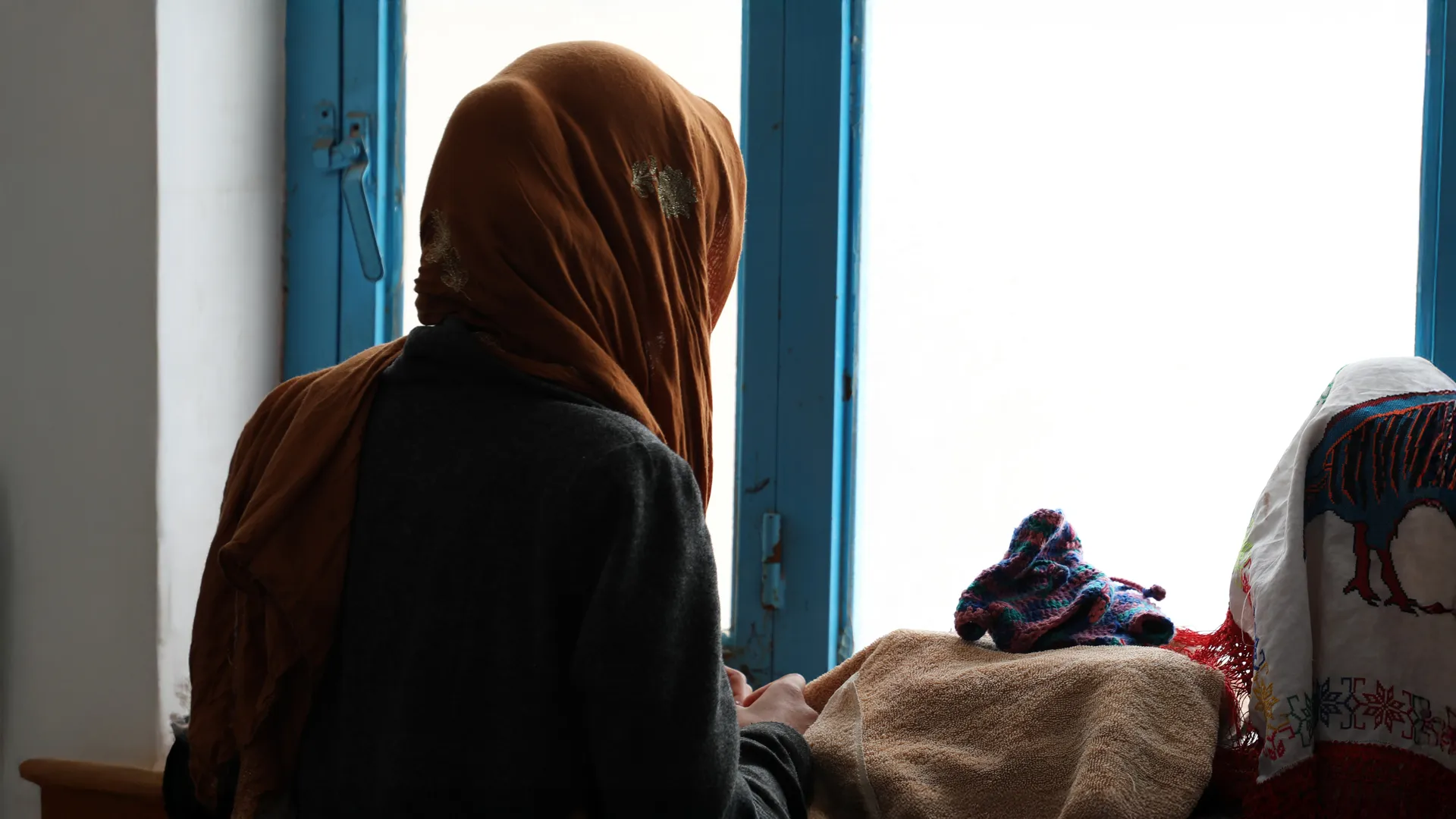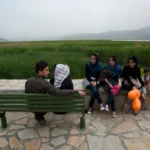
Detained Without Transparency: Kurdish-Iranian Journalist Fardin Mostafaei Held in Secret
September 24, 2024
Croatia’s Fragile Media Landscape Faces Legal, Political, and Economic Hurdles
September 25, 2024September 24, 2024 – Cambodia –
In a disturbing twist, Cambodian journalist Ouk Mao, who helped expose illegal deforestation in the Phnom Chum Rok Sat community forest, now finds himself accused of the very crime he uncovered. Mao, 49, was charged with deforestation and incitement—serious offenses in Cambodia that carry prison terms of up to 10 and 2 years respectively—after he reported on land seizures and forest destruction linked to powerful political and military interests.
Mao’s investigative work revealed how the Lin Vatey company, allegedly connected to military figures, had taken over large swaths of protected forest, shutting down a community-led ecotourism project. His reporting drew national attention and embarrassed local authorities. In retaliation, the Stung Treng Provincial Court summoned him in August 2024, accusing him of inciting unrest and clearing forest land illegally. Though initially spared arrest, he was placed under strict judicial supervision, required to report his whereabouts regularly.
The situation escalated further in May 2025 when plainclothes military personnel arrested Mao at his home without a warrant. He was detained and charged with defamation and incitement, reportedly stemming from over a dozen complaints filed by local officials angered by his journalism. The International Federation of Journalists (IFJ) and local media organizations condemned his arrest, describing it as an effort to silence a journalist whose only “crime” was reporting the truth.
Mao’s case is emblematic of a broader crackdown on environmental reporting in Cambodia. In recent years, journalists covering deforestation, illegal logging, and land grabs have been harassed, threatened, banned, or even killed. The country’s dense web of political and commercial interests surrounding natural resources makes environmental journalism one of the most dangerous beats.
Charging Mao with deforestation sends a chilling message: in Cambodia, exposing environmental crimes may turn the spotlight back on the reporter. His prosecution not only undermines press freedom but emboldens those who destroy the country’s forests for profit. International advocacy groups are now calling for all charges against Mao to be dropped and for Cambodia to protect, not punish, those who risk their lives defending the environment through journalism.
Reference –
Reporter who revealed deforestation in Cambodia now charged with deforestation

